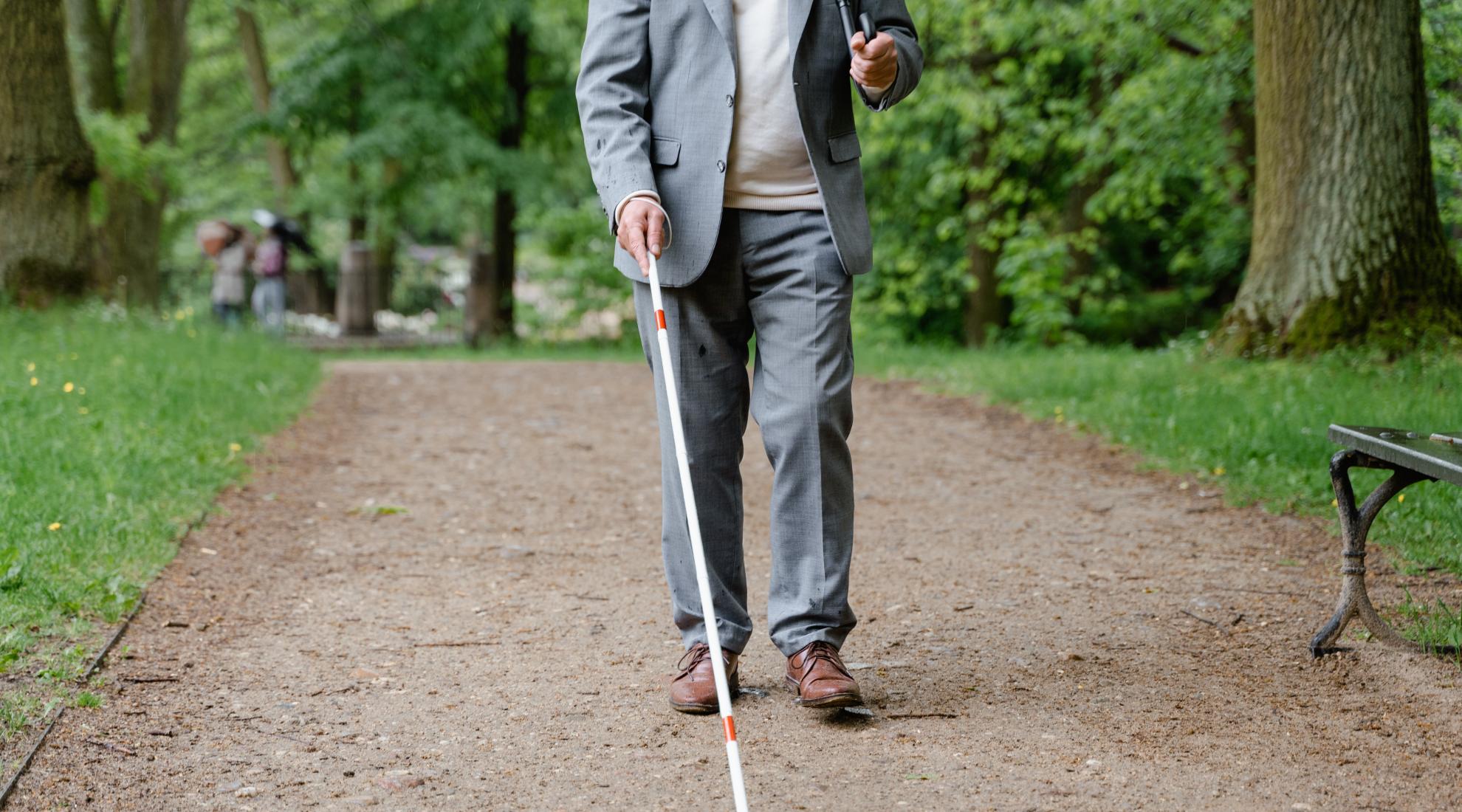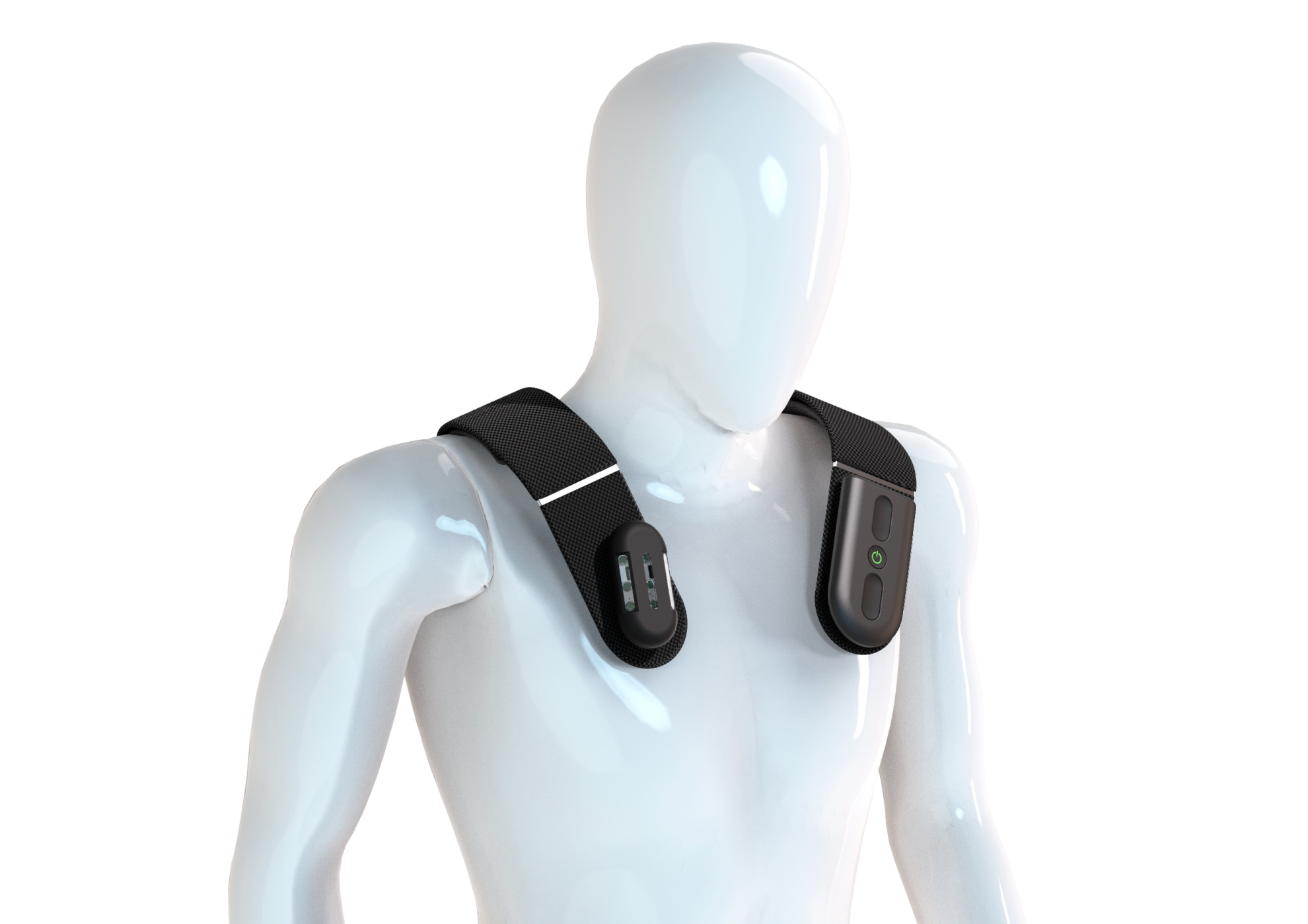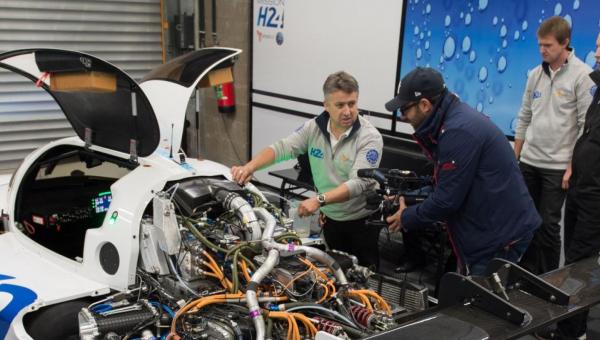Helping visually impaired people better navigate daily life

More than 300 million people suffer from visual impairment. Avoiding obstacles, finding objects, and navigating unfamiliar environments are constant challenges in their daily life. Lausanne-based start-up biped.ai is building the world's first AI copilot to help blind and visually impaired people.
Over 300 million visually impaired people worldwide live with the constant fear of hitting obstacles. The number is likely to increase as a result of population ageing. For visually impaired people discovering new places on their own can be a daily struggle, leading to social exclusion and a continuous need for external help for everyday activities. Technological solutions exist but often require extensive training and offer a limited range of perception, provide slow feedback, or are very expensive.
Predicting trajectories just like in cars
By combining advanced computer vision and signal processing, Lausanne-based biped.ai can provide information up to 10 times faster than competitors at an affordable cost. The device is a small belt worn on the shoulders while walking. It is equipped with 3D cameras providing real-time information on a person’s surroundings through directional sounds with a precision of up to 2cm. Just like autonomous vehicles, the technology tracks objects and predicts paths to allow users to anticipate what will happen a few seconds ahead.

A Swiss AI copilot for visually impaired people.
The inventors from Switzerland use spatial sounds to let visually impaired people feel the position of people and objects around them. Thanks to spatial sounds and a combined bone conduction headphone it is possible to feel from which specific position around the person an object is approaching.
From Hackathon to promising start-up
The idea of an AI-based copilot for visually impaired people was born during a Hackathon in September 2020, where the co-founders Maël Fabien and Bruno Vollmer won the first prize:
We must bring this AI software, which can control cars travelling at 120km/h, to the pedestrian level. We must move away from simple devices like electronic white canes that simply vibrate when there is an obstacle ahead. We must understand the surroundings, track movements, anticipate, and give feedback that tells visually impaired people that there is a bike coming towards them from a distance of 8 metres to their right.
Less than one and a half years later, the technology is in its fourth prototype phase and ready to be tested with an even larger number of end-users. Over CHF 300,000 in funding, strong support from industry and start-up organisations, five employees and the prospect of a public launch of the product in September 2022 already make bioped a highly promising start-up to follow.




